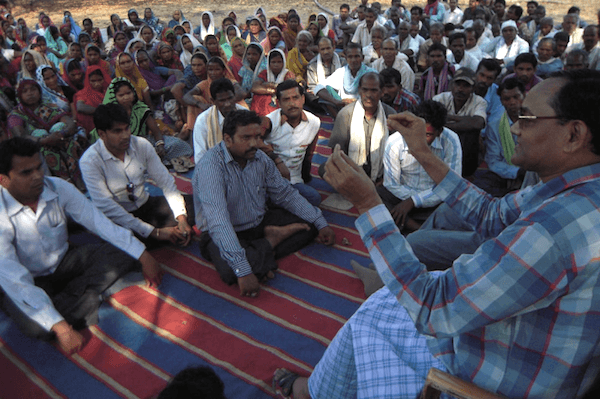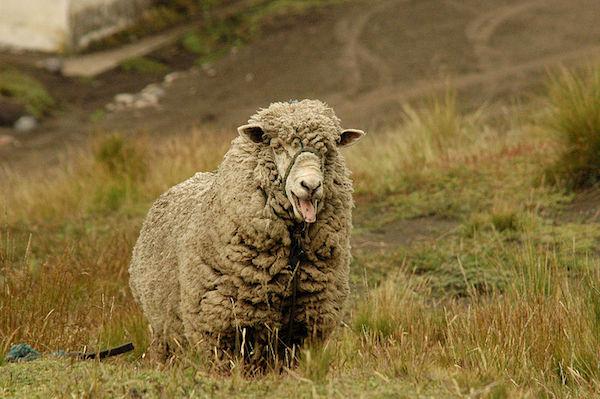This week, the Goldman Environmental Prize was awarded to six grassroots environmentalists from around the world in honor of their achievements. Of these, Ramesh Agrawal was chosen as this year’s winner for the Prize’s Asian region. For many years, he has worked to spread awareness of the environmental repercussions of India’s coal industry to local residents, empowering them with information and speaking out on their behalf. In 2012, his tireless efforts shut down development of a major coal mine, which would have been the largest in the state of Chhattisgarh (see interview below).
India is a country of rapid growth in terms of both population and economy, requiring ever-increasing amounts of energy. Coal is its most abundant fossil fuel, with an estimated total of 293,497 million metric tons of reserve remaining throughout the subcontinent. Beginning in 1774, coal mining has sought to supply the energy needs of the country. In the late 1970s, annual production reached 100 million metric tons, and has surged ever since. Today, nearly 700 million tons of coal is mined in India every year, making it the third-largest coal producer in the world.





